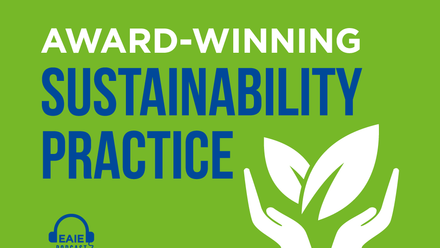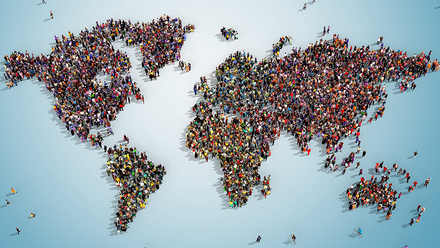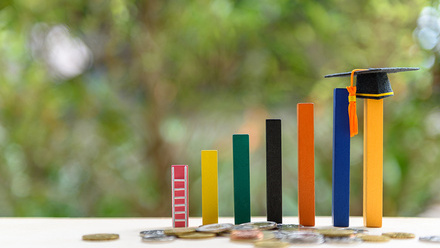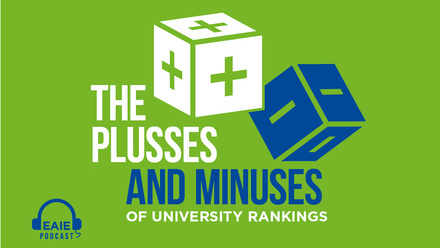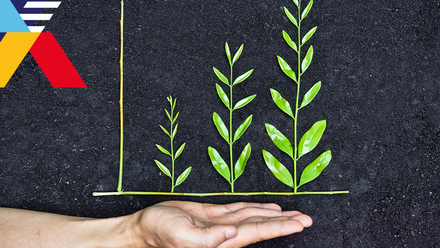Streamlining sustainability within the university
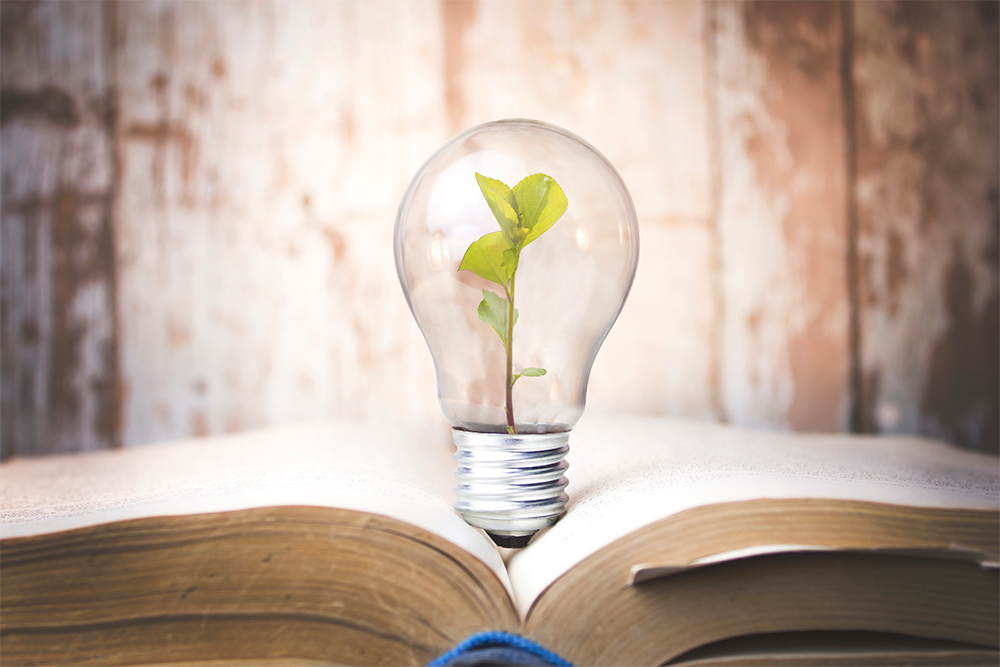
With new sustainability rankings released just a short couple of weeks before Earth Day, some of us might be considering how our institutions can advance sustainable development. The answer may lie in a new model of ‘sustainable development universities’.
The results of the THE University Impact Ranking were released in early April, for the first time using the UN Sustainable Development Goals (SDGs) as criteria to rank global universities. The 560 participating universities were ranked by their progress on 11 SDGs and overall progress toward sustainability. Interestingly, the traditional elite universities did not dominate the list, while many other lesser-known universities ranked high. For example, University of Auckland (Overall #1), Western Sydney University (SDG5 #1), Kyung Hee University (SDG13 #1), and National Taiwan University (SDG16 #1) were all ranked first in different categories.
Although some may challenge the methodology and reliability of the ranking, it does remind us to pay attention to an important aspect of higher education that is overlooked by most major rankings: the real social impact of a university today. The definition of a ‘good university’ is changing as climate change becomes a more pressing issue.
The relationship between SDGs and universities
In the past, some may have argued that the university was like an ivory tower, possessing knowledge and the ability to transmit skills but detached from society. Today, with dramatic changes in demographics and the environment, human problems are more difficult to solve, and the role of the university is consequently evolving.
As highlighted in the report Getting started with the SDGs in universities, released by SDSN Australia/Pacific, universities play a critical role in achieving the SDGs and will greatly benefit from engaging with them. Universities can provide the knowledge and solutions to underpin the implementation of the SDGs, and promoting SDGs can demonstrate universities’ social impact and help build new partnerships.
We need to realise that the Sustainable Development Goals are all global issues, and no one can solve the problems alone
Another report released on 2 April by Clarivate shows that research today is more focused on SDGs. However, as has previously been pointed out, that focus is mostly found in Europe, receiving comparatively less attention in North America and the Asia-Pacific region. Even less focus on the SDGs can be seen in Africa, the Middle East, and Latin America, even though the SDGs are key concerns in these regions.
We need to realise that the SDGs are focused on global issues, and no one can solve the problems they address alone. As such, when universities decide to engage with the SDGs, it is crucial that they connect with partners who can commit to joining forces to facilitate knowledge transfer broadly. When discussing the relationship between SDGs and the university, we should not neglect maintaining domestic and international partnerships to expand our influence.
How do universities take on the SDG challenge?
In fact, many The Sustainable Development Goals: universities taking action through research, the curriculum and international collaboration. However, most research is conducted by way of ad hoc projects or led by small groups of academics that ultimately cannot reach most of the faculty and students, thus lacking the power to foster an SDG-engaged vision of a university. We have to realise that, as the 17 SDGs are separate but intertwined, our approach to reaching them should be the same. If a university has the ambition to implement education for sustainable development, all parts of the university will need to work holistically, involving research, teaching, learning, administration and partnerships.
Today, the function and role of the university has changed greatly; universities should take the lead in education to make the earth a better place
It’s obvious that the SDGs cannot be promoted without the support of higher education. But, to date, there seem to be mostly tentative relationships between universities and the SDGs. If a university were to combine the SDGs with its strategic plan, we might find what I would call a sustainable development university (SDU) at the intersection. An SDU does not necessarily have to be a research-oriented or comprehensive university, but it should have a clear vision that is committed to promoting the SDGs that can be evaluated systematically. Such a university would be willing to weave the SDGs into its long-term mission; develop strategies for students, researchers, faculty and administrators to engage in critical global issues; and create a positive atmosphere on campus for creating a better future. It would welcome people raising questions, sharing knowledge with each other, and reaching answers. In addition, SDUs would be open to all forms of cooperation and partnerships that would empower them in relation to attaining the SDGs. They would engage in every possible platform relevant to SDG advancement and not limit themselves to narrower understandings of their roles and responsibilities as institutions.
Do you celebrate Earth Day, or act on it?
The first Earth Day was celebrated on 22 April 1970. Nearly fifty years later, we are facing many serious ecological and natural disasters brought about by man-made climate change. If governments don’t act decisively to fight climate change and limit global warming by 2035, it is estimated that Earth will be past the point of no return and a global average temperature increase of more than 2°C by 2100 will be likely. Pursuing the SDGs is not a fad, but a crucial issue for all human beings. There is no time to waste.
In the words of Stephania Giannini, the Assistant Director-General for Education of UNESCO, at the 2019 SDG Conference Bergen in February, "Education is the main infrastructure to implement the SDGs […] together we can change from the ‘what’ to the ‘how’." Given the unique roles and functions of the university today, universities should take the lead in education to make the earth a better place. Through education for sustainable development, we still have the chance to make a real difference through courageous and thoughtful action.


